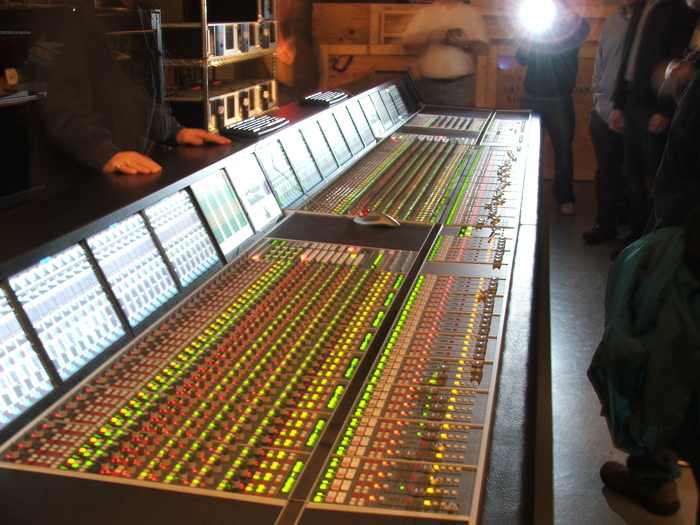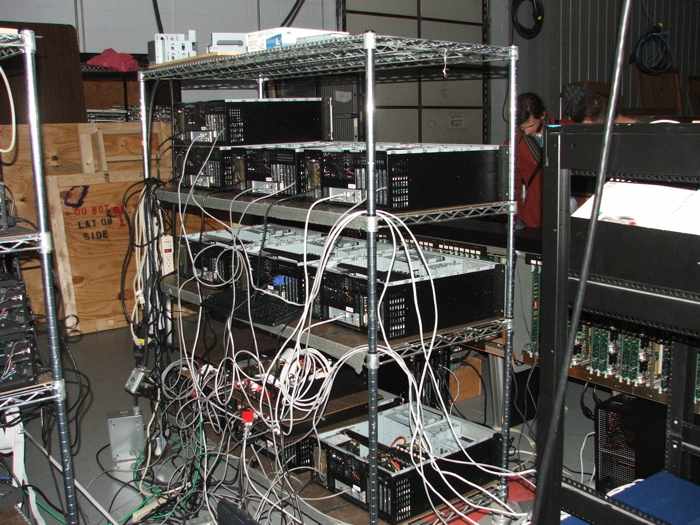De vraag: Linux Audio 2012: Is Linux Audio moving forward?
De antwoorden:
I’d pose a different question:
Is OSX/Win Audio moving _backward_?
If OSX continues to move towards iOS, and Win continues to move towards Metro, and Thunderbolt stalls, and screens get smaller, and expansion ports get scarcer, then Linux might become the de-facto “pro” multimedia platform simply because the other choices have become too dumbed down.
Of course _most_ users will be happy with the ease and power of the tools that will be available on iOS/Metro. And _most_ users is where the money is, so Apple/Microsoft are chasing the right users. But there will be some serious users that need a powerful production system with big screens and big peripherals, and for these users, Linux might become the standard.
Ben Loftis – Harrison Consoles
… if you’re on the “inside” of Apple audio development its clear that their focus is really shifting away from “creative/professional audio” toward “consumer audio”. i’m talking about the OS infrastructure here, not the existing apps. now, traditionally, Apple has done an amazing job of creating technology that manages to serve the needs of both audiences, and they *may* manage to carry on doing that. but there are few signs from things going on in both iOS and the latest versions of OS X that this might not carry on. personally, i’d probably put my money on apple, but there is a real question what their (infrastructure) focus is going to be in a year or two.
Paul Davis – Ardour/JACK
Elders op het web ving ik naar aanleiding van dit topic een glimpje op van deze toekomst.

Prism Sound Lyra USB audio interface



 Harrison MPC4-D console, 384 inputs, 112 faders en 3000 EQ bands
Harrison MPC4-D console, 384 inputs, 112 faders en 3000 EQ bands De CPU power voor de console, zo te zien 12 servers waarop Linux draait, aan elkaar geknoopt via gigabit ethernet
De CPU power voor de console, zo te zien 12 servers waarop Linux draait, aan elkaar geknoopt via gigabit ethernet